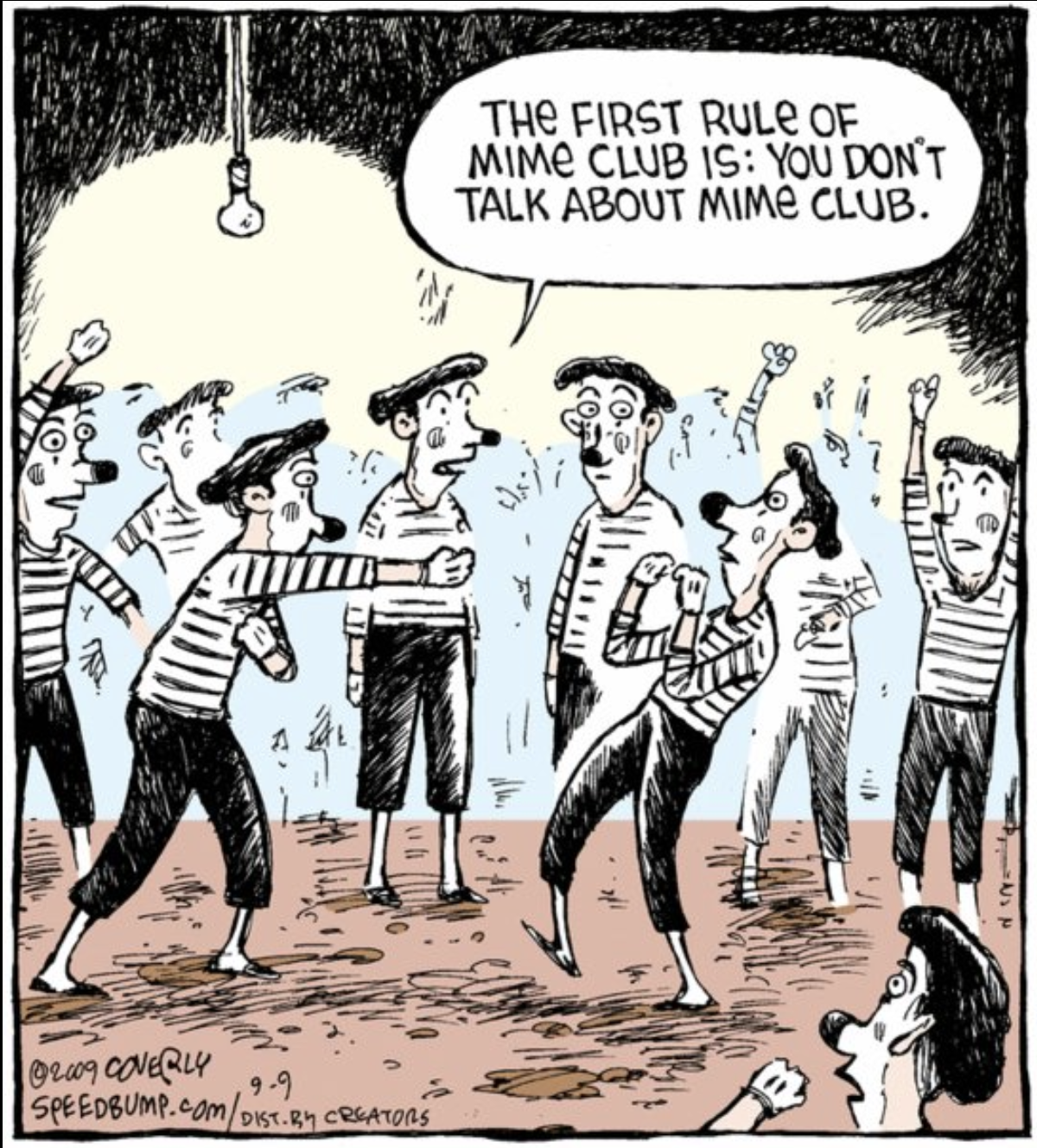2. Acculturative Knowledge Acquisition
Children raised in two cultures naturally split their time and experience across each of them. Unfortunately, parents are usually able to mediate aspects of only their native culture to their children and cannot do so with the new culture because of their own lack of familiarity with it.
This means that children from bilingual-bicultural backgrounds must often navigate both the new language and culture almost on their own, a term I refer to as “cultural pioneering.”
The process of learning a new language and culture thus becomes very dependent on the experiences a child has, particularly while in school. If something is not explicitly taught in school, the chances that it may be taught and learned informally outside the school decrease. This often results in hit-or-miss learning that although occurs for children in general, becomes a much more frequent occurrence for children from diverse cultural and linguistic backgrounds. Areas that are highly susceptible to this influence include cultural knowledge, especially the subtle, idiosyncratic, and less frequent aspects of it as well as language, particularly correct grammar, pronunciation, usage, and pragmatics including idioms and humor.

